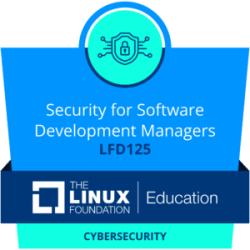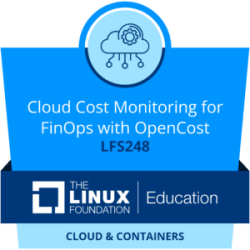Images
The course surveys how open source software works, including advantages of using it, methods of working in OSS communities, governance models, and licensing choices. It delves into Linux systems, including installation, desktop environments, text editors, important commands and utilities, command shells and scripts, filesystems, and compiling software.
This course is for developers with experience working on any operating system who want to understand the basics of open source development. Experience with the command line is not necessary, but would be helpful.
Similar resources
The key to a successful open technology project is to ensure a neutral playing field for all developers, technologists, and companies to collectively contribute to project evolution and growth. The Linux Foundation was built on the idea of the democratization of code and scaling adoption, for all projects equally. Expert legal and governance support programs ensure everyone is on the same playing field.


IT Specification Basics for New Developers (LFD141)

Security for Software Development Managers (LFD125)

Kubernetes入門 (LFS158-JP)

Cloud Cost Monitoring for FinOps with OpenCost (LFS248)

Conversational AI: Ensuring Compliance and Mitigating Risks (LFS120)












